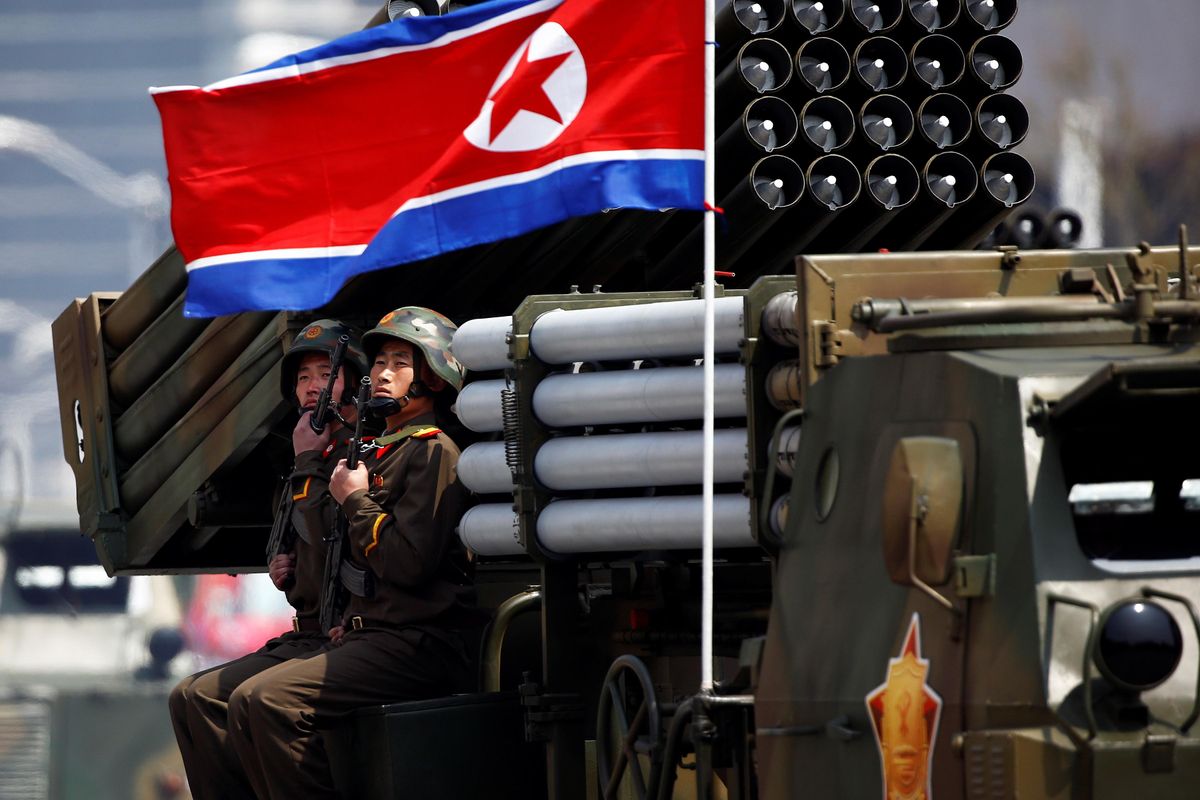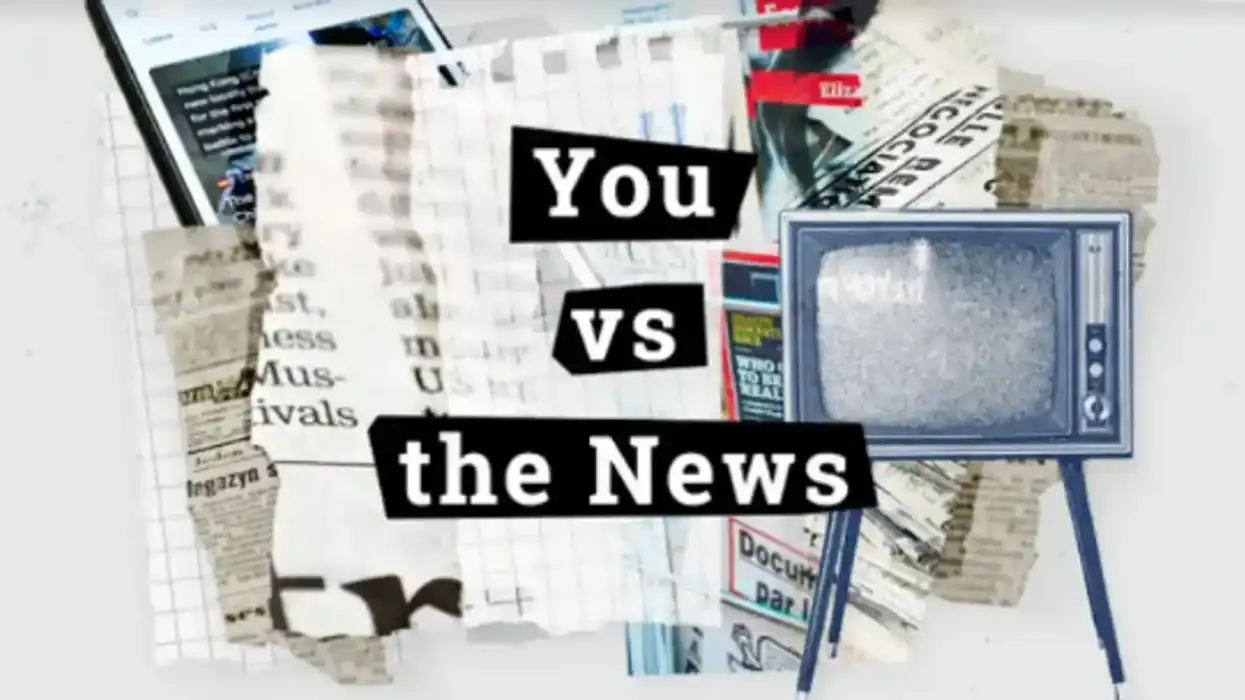Russia scrambles for weapons
Newly declassified US intelligence claims that Russia is buying millions of artillery shells and rockets from North Korea. If true, this is yet more evidence that a Russian military leadership expecting a quick victory in Ukraine following its Feb. 24 invasion has badly miscalculated both Russia’s capabilities and the intensity and effectiveness of Ukrainian military resistance. The weaponry North Korea is providing is not the high-tech, precision-guided munitions that US and European export controls are designed to prevent Russia from producing. These are basic weapons that Russia appears unable to produce in needed quantities. US intelligence also suggests that a significant number of drones Russia has been forced to purchase from Iran have proven defective. These revelations underscore two important problems for Russia. First, Western sanctions are badly disrupting Russian supply lines, making it impossible for the Russian arms industry to produce the weapons that Russia would need to win the war in Ukraine. Second, while China remains happy to buy Russian oil, it has so far proven unwilling to defy US warnings not to violate weapons and parts sanctions against Moscow.
EU tilts toward windfalls
With energy costs now firmly in the stratosphere, the EU will propose a fresh bloc-wide windfall tax on energy companies. The proceeds of the temporary measure, which EU energy ministers will debate on Friday, would be used to support households and energy-intensive industries struggling amid the continent’s worst energy crisis in half a century. In a twist, the measure will include even renewable energy companies that do not depend on hydrocarbons. After all, these companies have also seen record profits over the past year because all European energy prices are now based on gas prices, which have soared due to post-pandemic supply crunches and Russia’s invasion of Ukraine. Italy and Spain have already tried versions of these taxes, and Germany last weekend unveiled a $65 billion scheme of its own that depends in part on windfalls. The EU hopes the measure — combined with fresh caps on Russian gas prices and other incentives to cut energy consumption voluntarily — will help the bloc weather its worst energy crisis in half a century. But there are questions about how to structure a windfall tax that is both legal and fair. Now that we’re into the months that end with “r”, Brussels has precious little time to figure it all out. Winter, as they say, is coming.


















